It has been announced that from October 2023 onwards India will have in place its own safety rating for cars. We need to wait and see if we are going to follow the NCAP global safety norms or are going to frame our own set of norms and whether we shall recognise international norms or whether it will be mandatory for all cars sold in India to get certified by the Indian body. Some of the Indian car-buyers have now begun looking at the safety rating of a car before making their decision to purchase it.
While it is advisable to buy a safe and solidly built car which will probably save one’s life in the unfortunate event of a mishap, this does not automatically guarantee that one will not get hurt in an accident. The best thing to do is to drive safely and with a view to precluding a mishap. For that we need better driving schools with qualified driving instructors. As the situation obtains now, most, if not all, instructors tend to be clueless as regards safe driving practices.
With the opening of new expressways, we have been witnessing a spate of accidents and there are quite a few reasons for that. One, people do not really know how to drive on these multi-lane roads and, second, the poor state many of the cars, buses, and trucks are in. On an ordinary highway, we do not drive for a long period of time at speeds in excess of 100 km/h. Therefore, the temperature build-up in the tyres and the stress on the vehicle itself is not that high. On an expressway, on the other hand, one drives at speeds in excess of 100 km/h for a sustained period, which causes temperature build-up and stress on the vehicle. This is one of the principal reasons for tyre blow-ups and other failures.
We also need to bear in mind the fact that one tends to lose concentration on driving if one is engaged in that monotonous activity for a long period of time.
EDITOR – ASPI BHATHENA


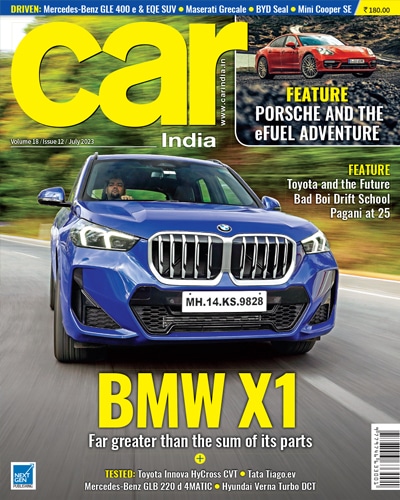

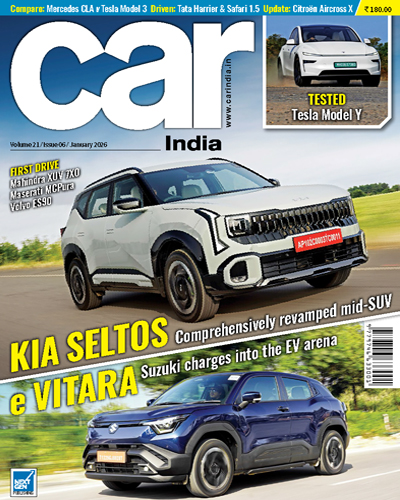
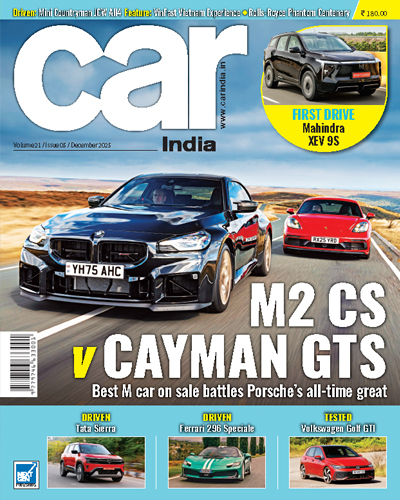

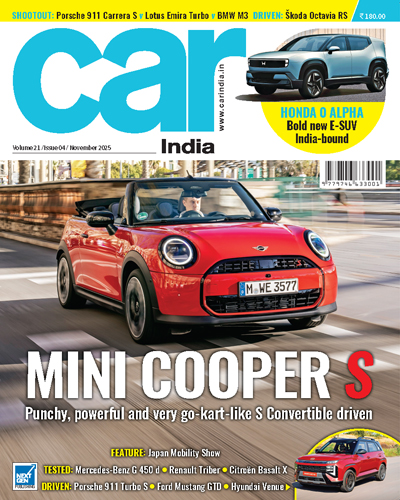

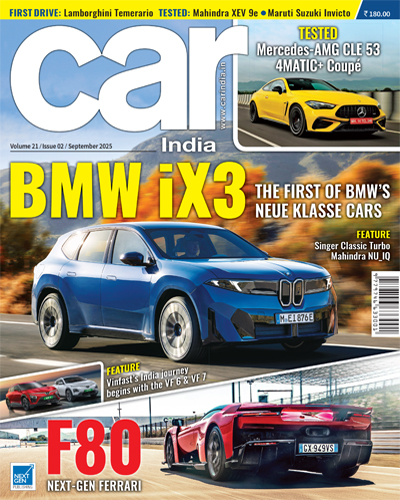


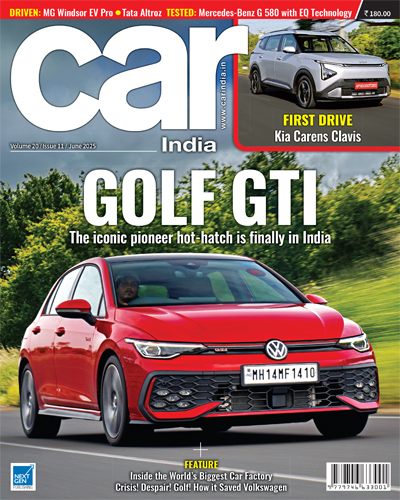
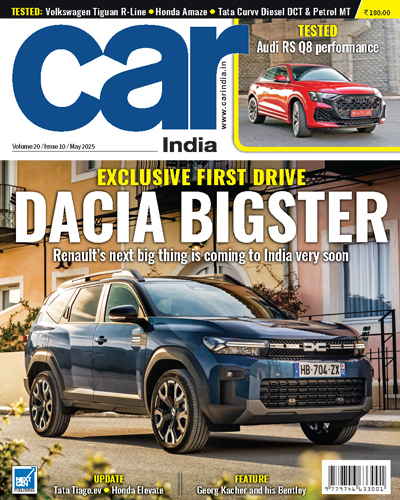
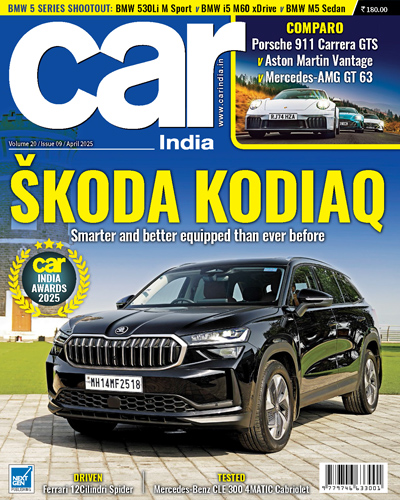


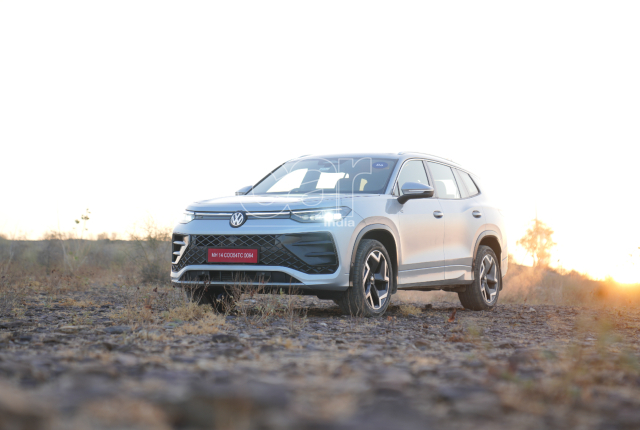

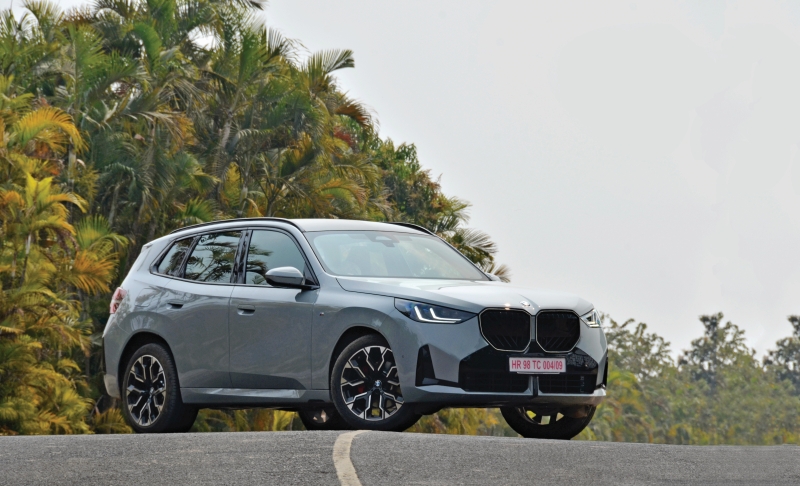

Leave a Reply